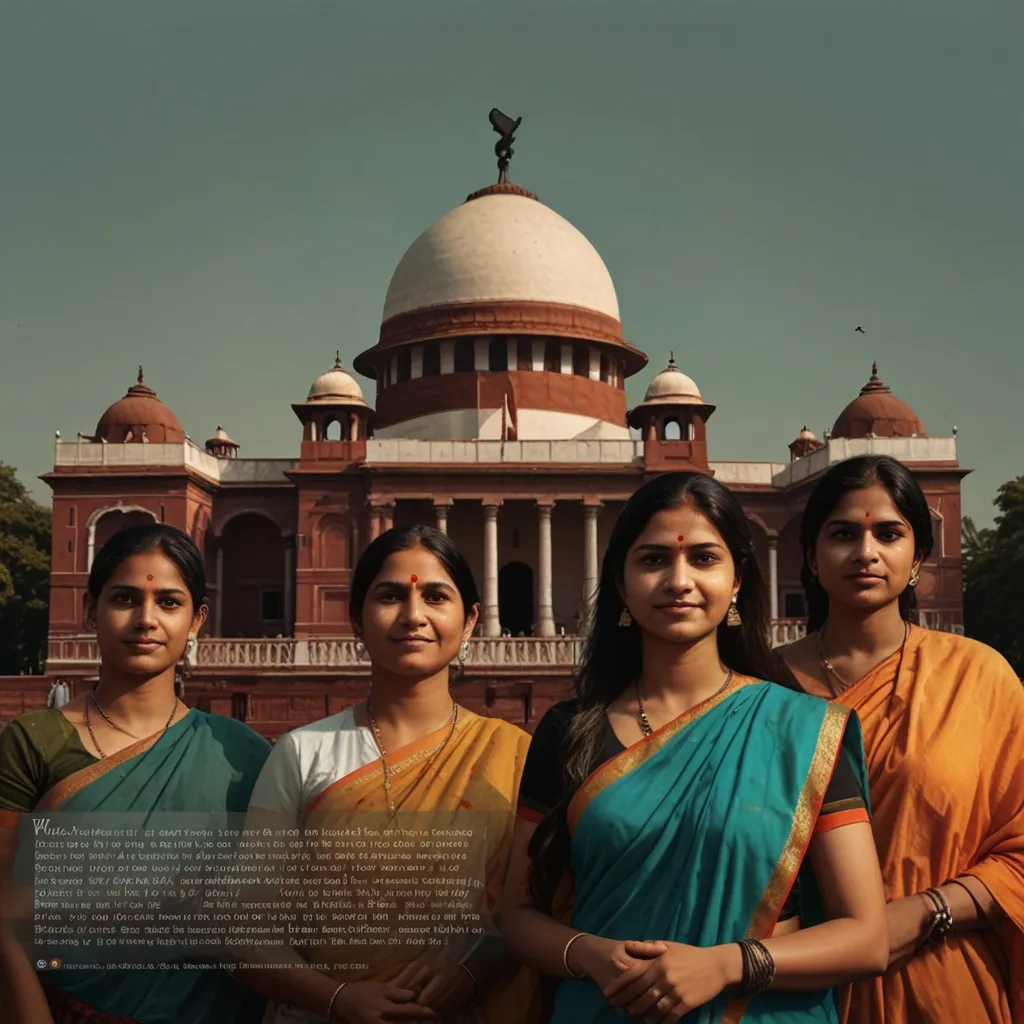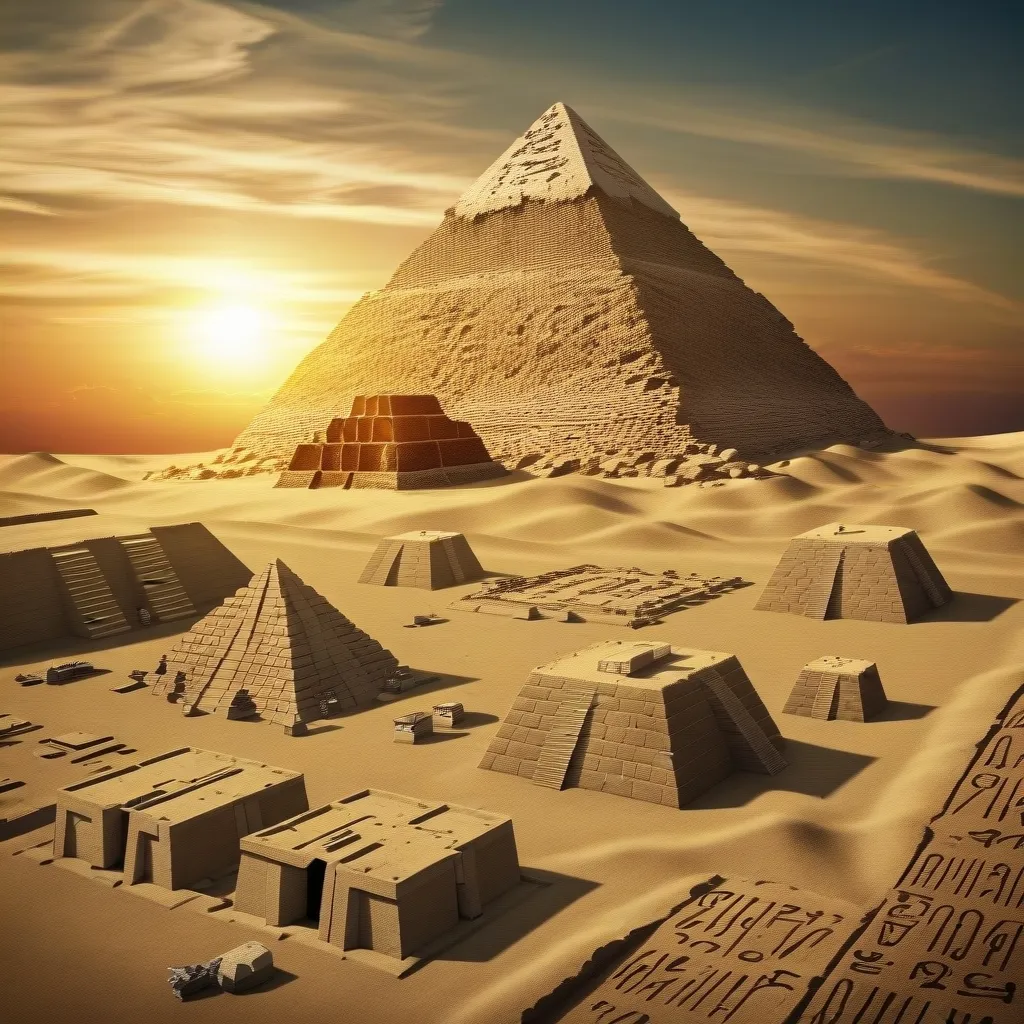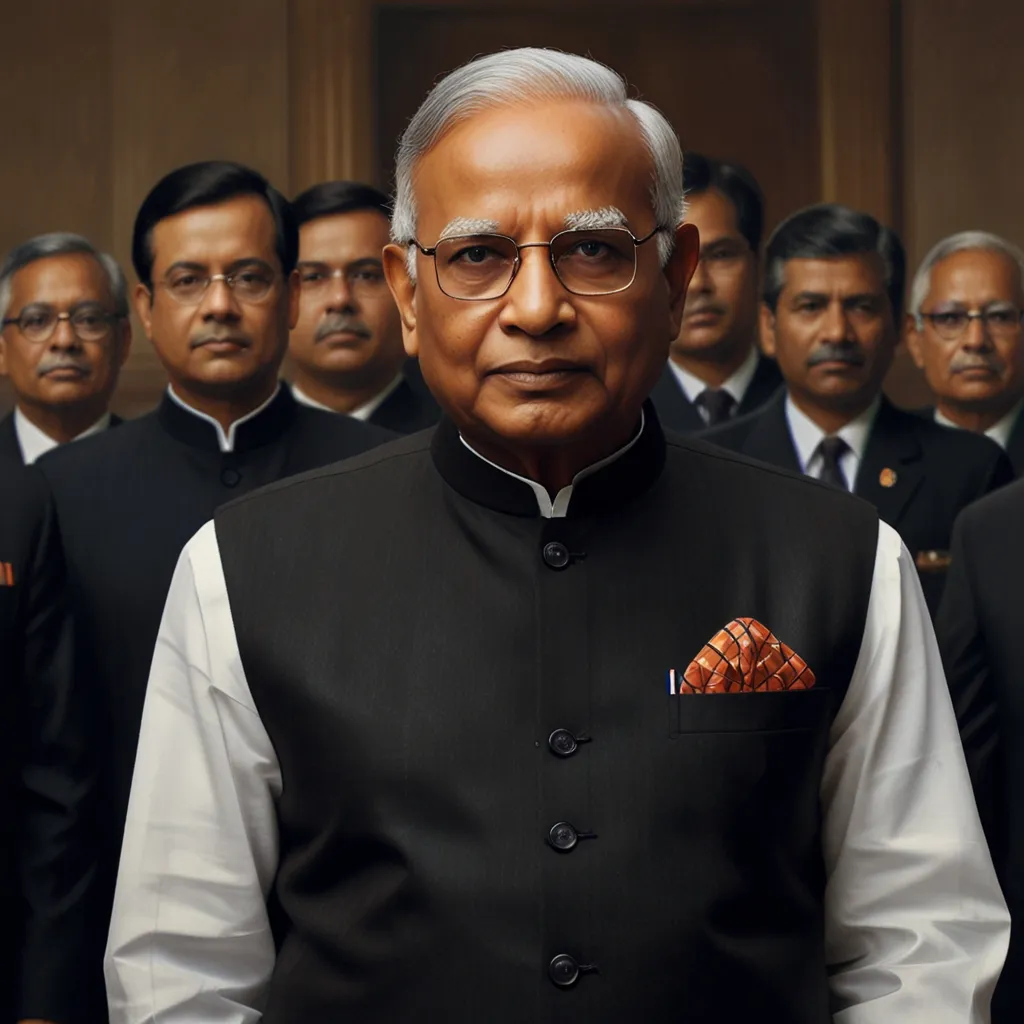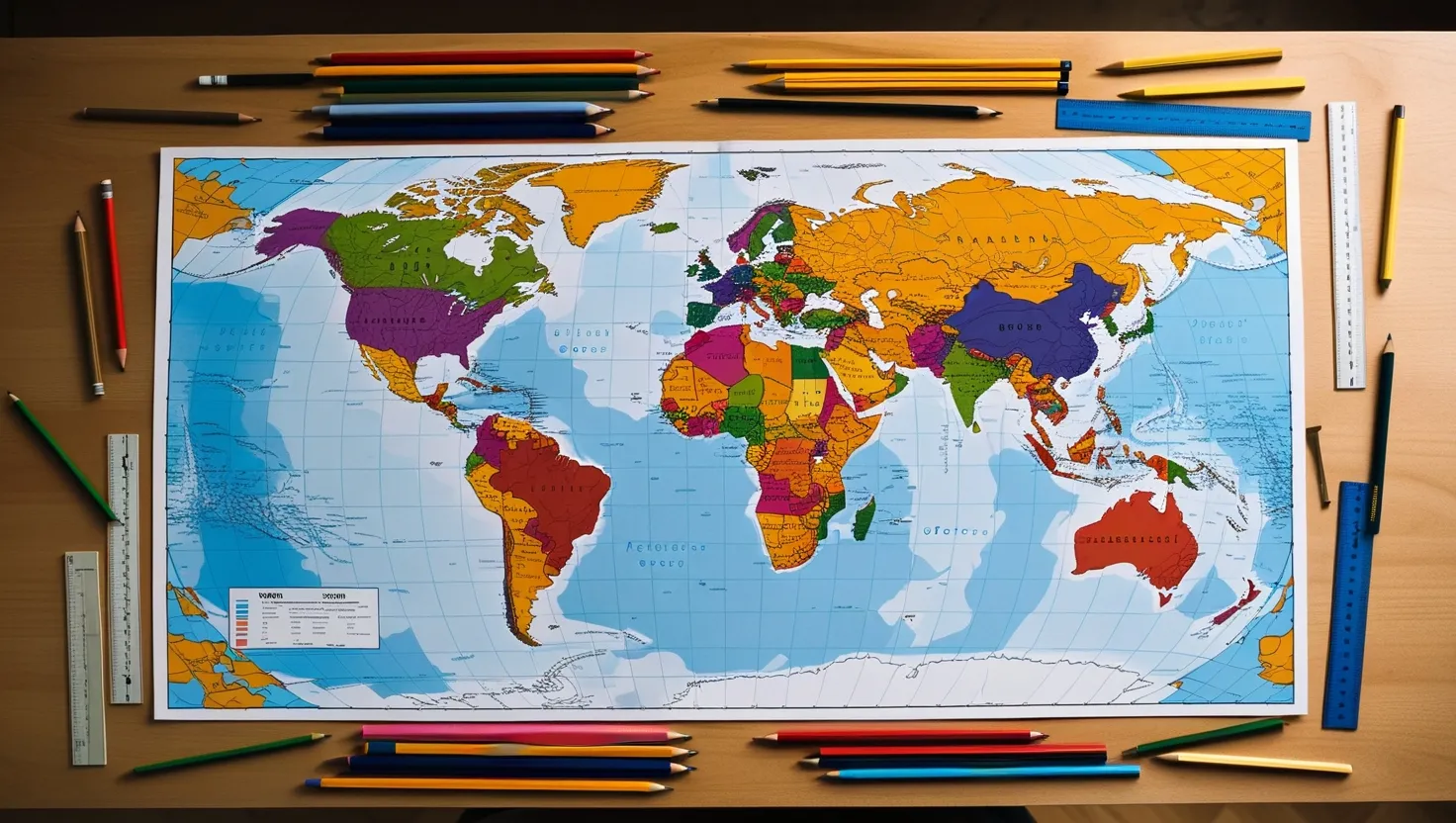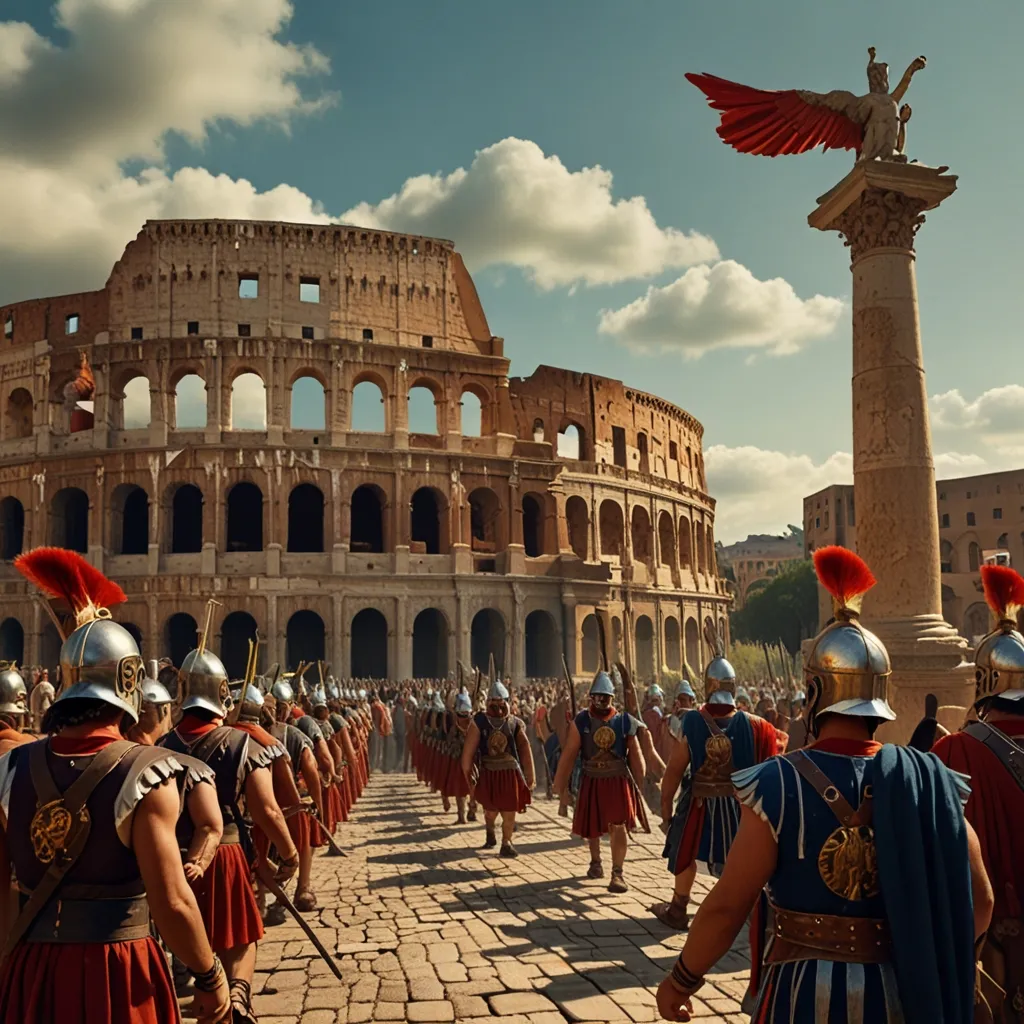The Indian Constitution is a robust document that lays out some basic rights for every citizen. These rights, called Fundamental Rights, are laid out in Part III of the Constitution, spanning Articles 12 to 35. They are crucial for the overall development and well-being of individuals, ensuring a peaceful and harmonious life for all Indians.
One key right is the Right to Equality. This right guarantees equal treatment and opportunities for everyone, no matter their religion, gender, caste, race, or birthplace. It also abolishes titles and untouchability, aiming for a fair society. For example, it ensures equal job opportunities in government roles and prohibits the State from discriminating in employment matters.
Next up is the Right to Freedom. This includes several freedoms like speech, expression, peaceful assembly, association, and the right to practice any profession. These freedoms are vital for a democratic society, letting people freely express their beliefs and opinions. However, these freedoms come with certain checks to maintain public order, decency, and morality.
Another big one is the Right against Exploitation. This right bans forced labor, child labor, and human trafficking, ensuring that no one is pushed into labor against their will. It aims to protect the dignity and well-being of everyone, especially children.
There’s also the Right to Freedom of Religion, allowing people to practice and propagate any religion they choose. This right fosters religious tolerance and diversity, promoting a secular nation where all religions are respected.
Cultural and Educational Rights are also part of the package. These rights let minorities establish and manage their educational institutions, preserving their culture, language, and script. This helps maintain and promote India’s cultural diversity.
Importantly, the Right to Constitutional Remedies lets citizens approach the courts if their fundamental rights are violated. Individuals can seek judicial remedies through the Supreme Court and High Courts, which can issue writs and orders to protect these rights.
Notably, the Right to Property was once a fundamental right but was removed by the 44th Constitutional Amendment in 1978. This change was made to help redistribute wealth and align with socialist goals.
These rights not only protect individuals but also act as safeguards against severe human rights violations. They underline India’s fundamental unity by ensuring equal access to facilities for everyone, regardless of background. Some rights are available to everyone, including foreigners, while others are only for Indian citizens.
So, in a nutshell, the Fundamental Rights enshrined in the Indian Constitution are key to ensuring every citizen’s dignity and well-being. They are enforceable by the courts and protect individuals from arbitrary state actions, laying the foundation for a democratic society that upholds equality, freedom, and justice for all.
